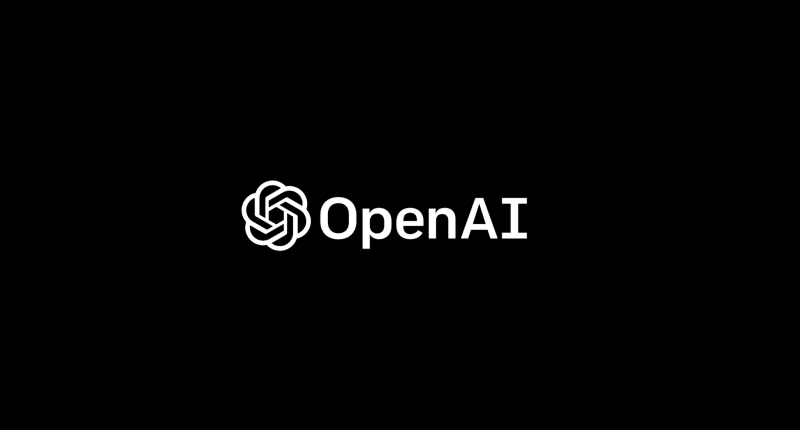GPT-4, which was first released in March, has now been made generally accessible. In an official statement, OpenAI announced that all paying API customers and existing OpenAI developers – those who have “a history of successful payments” – will have access to GPT-4 and its capabilities with 8K context.
It is currently OpenAI’s newest and most capable language model, and is capable of accepting image and text inputs alike — unlike the GPT-3.5, which only accepts text-based prompts. The language model is trained using publicly available data.
When compared to its predecessor – the GPT-3.5 – the GPT-4 brings a lot more to the table with its sophisticated capabilities. “Millions of developers have requested access to the GPT-4 API since March, and the range of innovative products leveraging GPT-4 is growing every day,” OpenAI wrote in its blog post. “We envision a future where chat-based models can support any use case.” At the time of its release in March, the accessibility of GPT-4 was restricted to certain developers if they signed up for a waitlist, as well as to paid subscribers of ChatGPT Plus in a limited version. Since then, OpenAI claims that millions of developers requested access to the GPT-4 API.
Furthermore, GPT-4 represents a significant advancement in natural language processing. Its improved architecture and training techniques enable greater accurate understanding of context, nuances, and complexities in human language. Its general availability opens the doors to a wide range of applications across industries. From customer service chatbots and virtual assistants to content generation, translation, and sentiment analysis, GPT-4’s advanced language capabilities can enhance efficiency, automate processes, and improve user experiences.
New developers will not be left empty-handed either – OpenAI plans to open up access to them by the end of the month, and, in time, raise the availability limits “depending on compute availability.” And if this is not enough, OpenAI is also making the APIs of three other AI models generally available. The AI models in question are the GPT-3.5 Turbo, DALL·E and Whisper APIs, based on the stability and readiness of the models for “production-scale use.”





